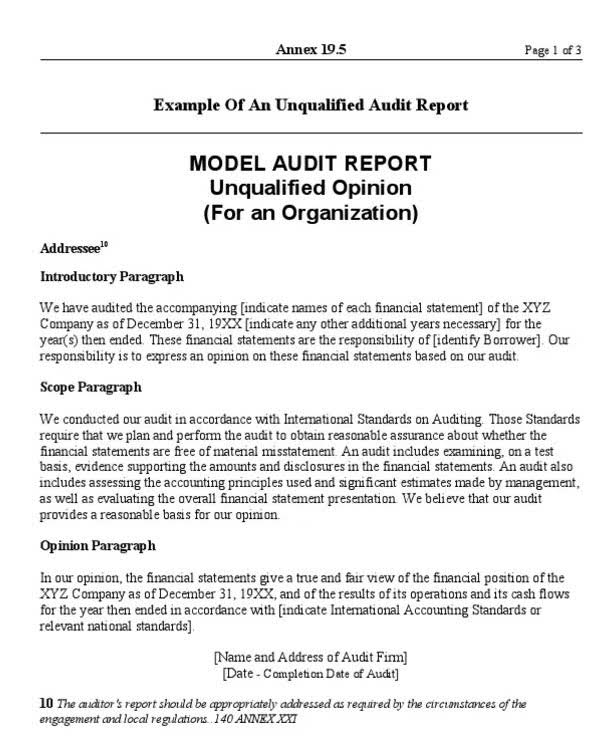LLCs can choose to use either the cash method or accrual accounting. With the cash method, expenses are deducted when paid and cash is accounted for when it is actually received. With the accrual method, business expenses are recorded when the product or service is received and income when the sale occurs. When it comes to small business taxes, using cash basis and accrual basis accounting can have huge consequences. At minimum, learning the difference between cash vs. accrual accounting will clear up the confusion as to why your statements appear to catalog certain things and not others. In conclusion, https://www.bookstime.com/ selecting the appropriate accounting method is crucial for accurate financial reporting and tax compliance for your LLC.
Bookkeeping and Accounting: Hidden Secrets You Need to Know
Cash basis accounting is the most popular option among small business owners, as it tends to be pretty simple. With cash basis accounting, you only add money to your books when you receive that money, and you only deduct it when you actually pay it out. A limited liability company (LLC) is business entity authorized by a state. Neither a partnership nor a corporation, an LLC provides sole proprietors and business partners many of the rights afforded to corporations without the added tax and operational burdens. When establishing an LLC, a business owner will need to manage a variety of administrative areas of the new enterprise, including sales, marketing and, perhaps most importantly, accounting.
Utilizing Accounting Software for LLCs
Single-member LLCs are taxed as sole proprietorships by default, so accounting is fairly simple, and income/losses are reported on the member’s personal tax return. Multi-member LLCs are taxed as partnerships, so a partnership tax return must be filed, with profits/losses passed through to members’ personal returns. While LLC accounting requires commitment and consistency, new business owners can set up and manage the finances of an LLC with some foundational accounting knowledge. By understanding accounting basics and establishing good financial habits early on, members can ensure their LLC complies with state requirements and maintains limited liability. Small business owners often find it helpful to maintain a separate General Ledger for each business they own. This helps them keep track of business accounts and income and expenses.
How do LLCs maintain books?
Your chart of accounts is a list of all the accounts you need to track for your LLC, like cash, accounts receivable, fixed assets, and liabilities. Under accrual basis, income is recorded when earned, and expenses recorded when incurred. This matches revenue and expenses to the time period in which they actually occur. bookkeeping The Statement of Shareholder’s Equity describes any changes to the equity of shareholders. And, another common financial statement, the Note to Financial Statements breaks down types revenue, expenses, assets, and liabilities not detailed within the key financial statements. Outsourcing accounting for LLC can offer benefits such as cost savings, access to professional expertise, and reduced workload.
- This accounting can be complex, as it must comply with both state and federal regulations.
- Understanding these obligations is critical to avoiding penalties and ensuring compliance.
- Shoeboxed categorizes expenses into tax or custom categories, such as marketing, transportation, office supplies, and more, so LLCs can better track their spending and manage their budgets.
- Use our receipt tracker + receipt scanner app (iPhone, iPad, and Android) to snap a picture while on the go.
- Financial institutions and investors may view this accounting method more favorably because it gives a better overview of its revenue and expenses in the long-term.
Do I need to keep books?
Utilizing digital tools or software solutions can streamline expense tracking significantly. These tools not only make it easier to record and categorize expenses but also provide valuable insights into spending patterns over time. LLCs have various tax treatment options, such as being taxed as a sole proprietorship, partnership, S corporation, or C corporation. Each state has unique tax requirements for LLCs, including franchise taxes, gross receipts taxes, and additional filing fees. Understanding these obligations is critical to avoiding penalties and ensuring compliance. Consult with a tax professional or use online resources to stay informed about your state’s requirements.
An LLC is treated as a pass-through entity by default, which means profits and losses are reported on each member’s individual tax return. Most of the purchased programs have internal spreadsheets already established. Whether you use manual paper or electronic spreadsheets, create a file tab that has this same account and contact information. This prevents needing other documents or files when working on your company’s bookkeeping. If you’re in a higher tax bracket and paying 30+% on your personal income, choosing to be taxed as a corporation could save you money.
Annual Financial Audits
LLCs are a popular business structure because they offer protection and flexibility. An LLC gives a corporation financial and legal protection and a sole proprietorship structural and financial flexibility. Books and records are crucial for an LLC to run smoothly and succeed. Keeping books is the only way a company can have accurate and realistic financial projections and achieve its goals. You will attach a Schedule C to your 1040 tax form to report business income.
If you’re a large company, accrual accounting is more ideal because it provides an overview of all incoming revenue. In contrast, small businesses with simpler needs may prefer cash-basis accounting. Taxes aside, the accounting practices of an LLC are similar to those of other business entities.
- Although the cash method is not as accurate as the accrual method, it has the advantage of delaying taxes until you have the funds in hand.
- Cash-basis accounting is used alongside single-entry accounting because they are both the simplest accounting methods.
- Start a free trial today to see why Neat is the go-to accounting software for thousands of small business owners, freelancers, and entrepreneurs.
- One major benefit of using accounting software for an LLC is the ability to generate comprehensive reports and perform in-depth analysis.
Once your ledgers are complete, you will finally be ready to create your financial reports. Your financial reports or financial statements are what tell you the financial health and performance of your business. One way to track business expenses is to open a separate business checking methods of accounting for llc account. This will help you to keep track of all of your business-related transactions in one place. Without the resources of a large accounting department, small business owners often have to take on the responsibility of keeping the books themselves. Once you’ve established your accounting firm as an LLC, you can open a business bank account and start operating as a legitimate business entity.






